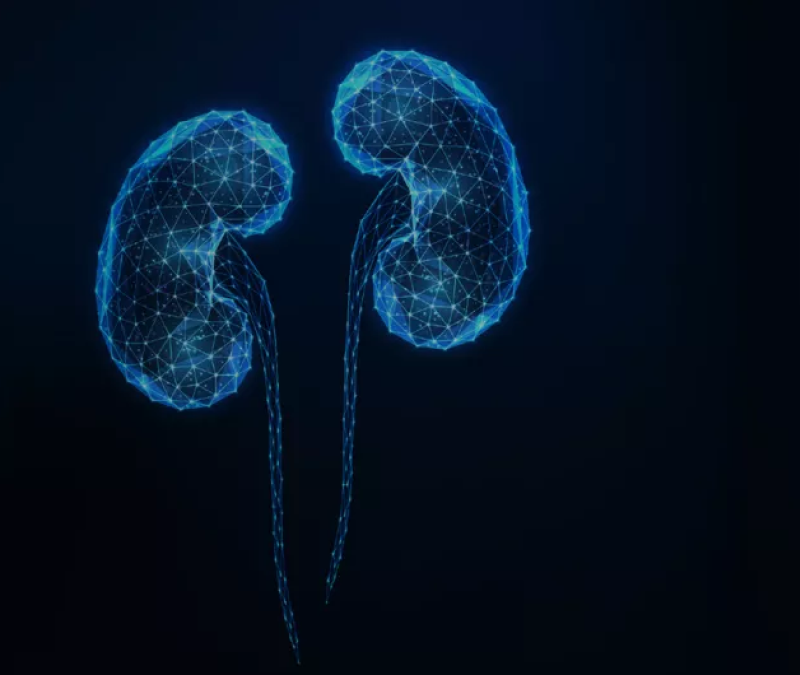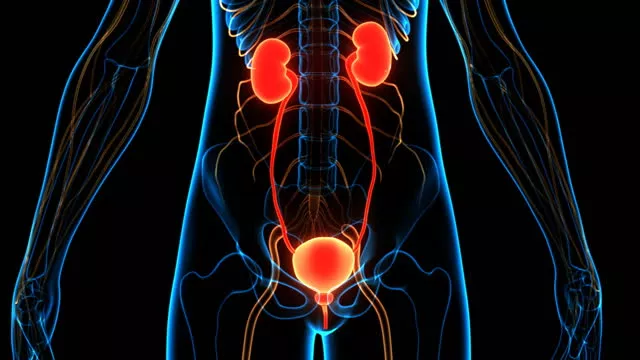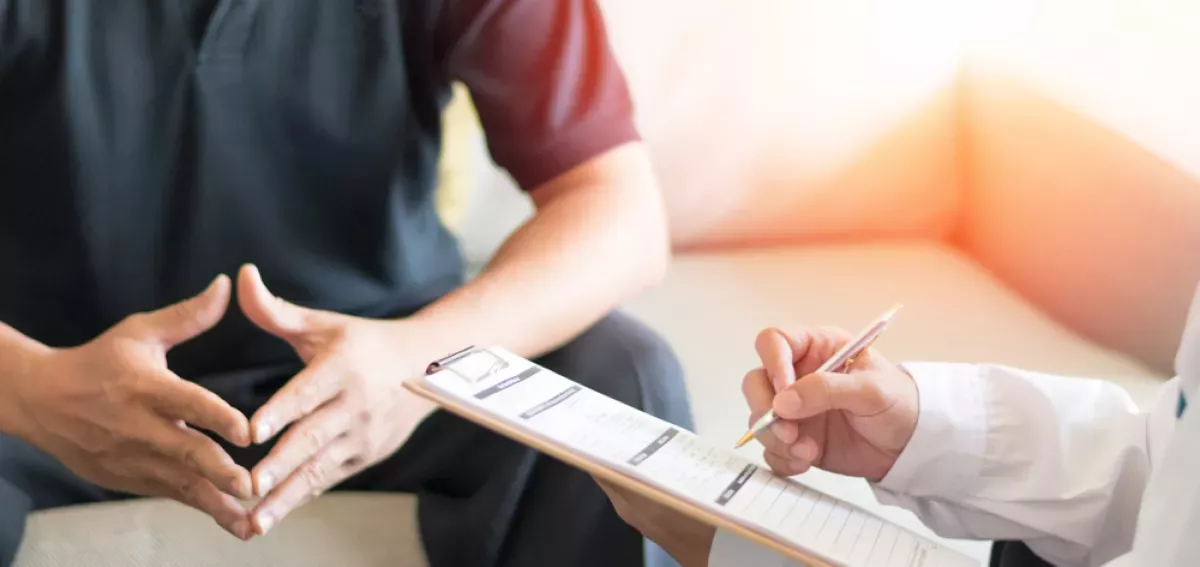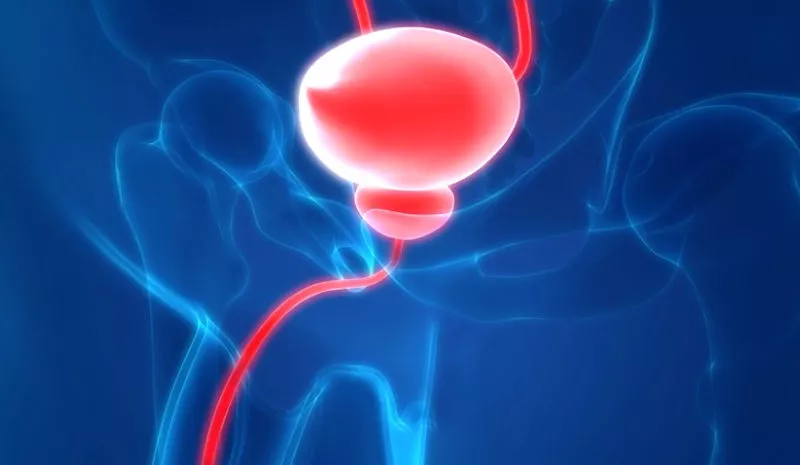The Department of Urology at Aster Medcity offers state-of-the-art facilities for the analysis and treatment of genitourinary and kidney issues in adults and children. A highly qualified and experienced group of urologists and urology surgeons are accessible 24 hours a day.
The most advanced cutting edge innovation and equipments at the best urology hospital in Kochi are accessible to subspecialises in the fields of Pediatric Urology, Laparoscopic Urology, Endourology, Uro-oncology, Andrology, Neuro-urology, Female Urology and Reconstructive Urology. Alongside the support of the Nephrology administrations, we also take care of renal transplantation.
Our Doctors
We have some of the best specialists from around the world, they bring years of experience and offer evidence-based treatment to ensure the best care for you.
Advanced Technology & Facilities
Well equipped with the latest medical equipment, modern technology & infrastructure, Aster Hospital is one of the best hospitals in India.
we work hard to stay ahead of the times to be among the first in the world to bring new, evidence based, approved therapies and technology to our patients.
- Speciality Clinic for Stone Management
- NABH accredited lab
- 252-slice CT Scan
- Latest Ultrasound and X-Rays
- Extracorporeal shock wave lithotripsy for renal and ureteric stones (stone fragmentation without hole)
- Flexible cystoscopy diagnostic and therapeutic procedures for RIPS
- Advanced Kidney Biopsy Laser therapy for treatment of stones (PCNL, RIRS / URS)
We believe that world-class technology should also be compassionate. As a healthcare provider focused on education and research, we invest in the best technology and work to stay ahead, bringing new, evidence-based therapies and treatments to our patients.
Computer Assisted Semen Analysis (CASA)
Advanced Semen Analysis (ASA)
Special Vibrator/Electro ejaculator & Visual Sexual Stimulation Room
Sperm Harvesting for Retrograde Ejaculation
Sperm Retrieval Techniques: PESA-MESA, TESA-TESE, Micro TESE, and Testicular Tissue Cryo-Freezing
Girth & Glans Enhancement (surgical and non-surgical with fillers)
Surgeries for Penile Curvature
Modular Operating Theatres
In-patient Rooms Designed for Faster Healing
Blogs
The source of trustworthy health and medical information. Through this section, we provide research-based health information, and all that is happening in Aster Hospital.













